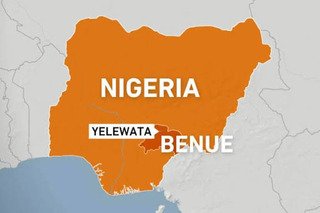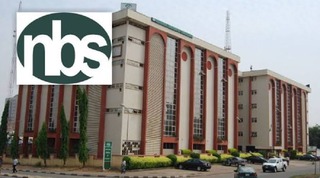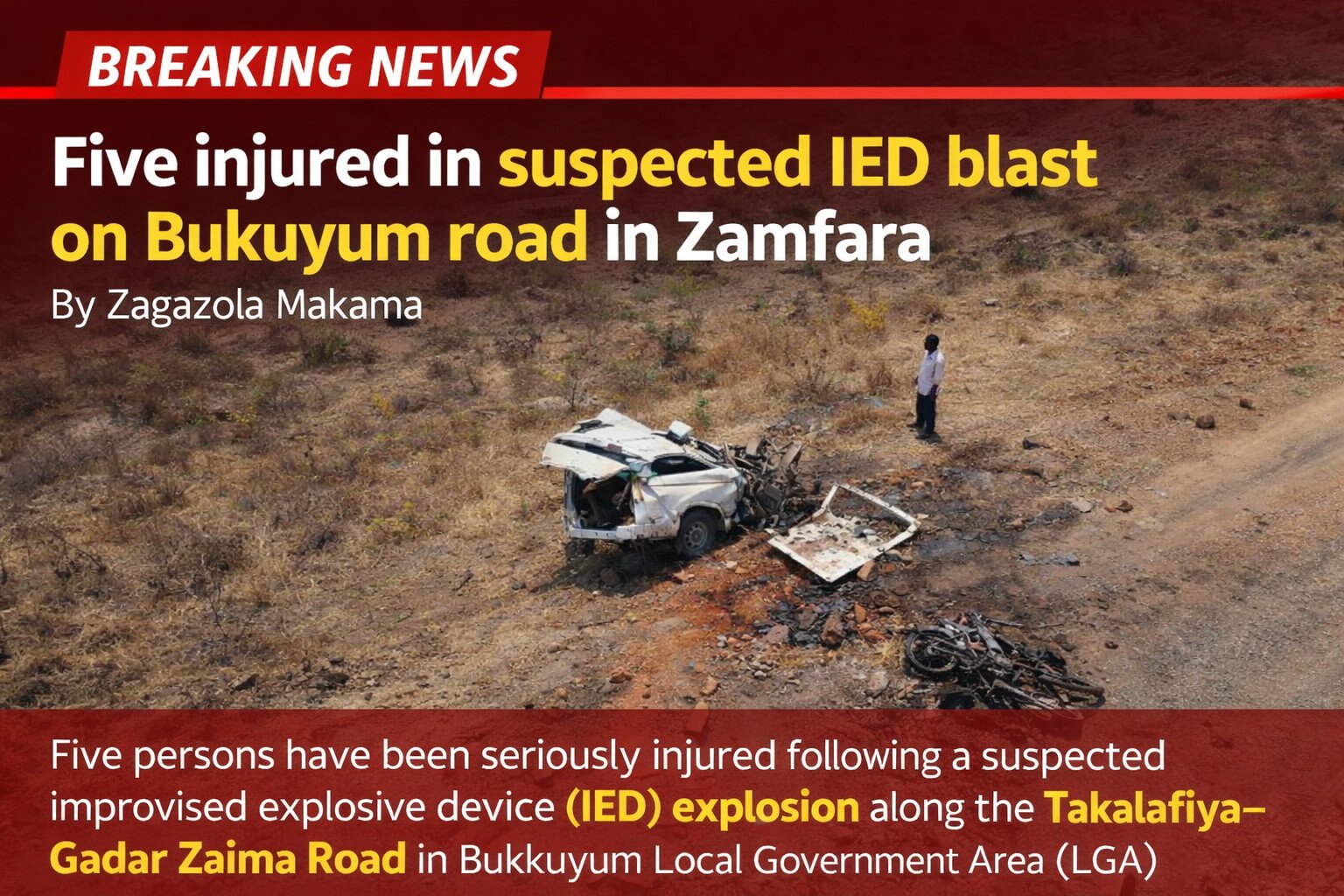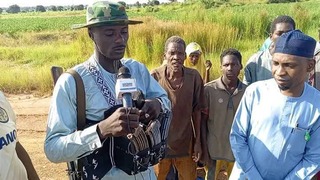Opinion: The National Bureau of Statistics’ astonishing N2.23 trillion Ransom Figures, calls for Credibility and Transparency
By: Zagazola Makama
The recent announcement by the National Bureau of Statistics (NBS) claiming that Nigerians paid an astonishing N2.23 trillion in ransom from May 2023 to April 2024 has raised significant eyebrows across the nation. This figure, derived from a household survey intended to capture the experiences of kidnapping victims, prompts a critical examination of the integrity, methodology, and overall reliability of the findings.
To fully grasp the magnitude of the NBS’s assertion, one must consider that N2.23 trillion is nearly half of Nigeria’s entire 2024 budget. In a nation grappling with severe economic challenges, can we genuinely believe that families could muster such a colossal sum within just one year to pay off kidnappers?
While it is well-known that bandits often demand exorbitant ransoms sometimes N30million or exceeding N100 million, most families resort to crowdfunding or rely on discreet interventions from government officials to secure the release of their loved ones. The suggestion that individual families collectively paid N2.23 trillion directly to bandits strains credulity.
Moreover, the notion that bandits, operating predominantly in cash, could receive such vast sums without triggering alarms among financial regulators or law enforcement is highly questionable. There is a conspicuous absence of evidence to support such widespread financial transactions, either through banking channels or other traceable economic mechanisms.
The NBS claims its findings stem from household surveys, raising several critical questions about the methodology employed:
How did the NBS identify and locate households affected by kidnappings across Nigeria? Given that victims often remain silent due to fear of retaliation and social stigma, it seems implausible that the NBS could access millions of victims within a single year. What mechanisms did the NBS employ to verify the ransom amounts reported by victims? Without collaboration with law enforcement agencies, such as the Nigerian Police Force, or state governments involved in ransom negotiations, the figures lack a crucial layer of validation.
The NBS appears to have excluded vital stakeholders, including security agencies, local governments, and community leaders, from its research process. A credible investigation into ransom payments necessitates corroboration from these entities, as they play direct roles in addressing kidnapping incidents.
The scale and complexity of this investigation raise doubts about whether the NBS had the necessary time and resources to conduct such an exhaustive survey. For context, when the National Human Rights Commission (NHRC) investigated allegations of illegal abortions by the military, it took two years of field visits and interviews. Yet, the NBS claims to have compiled its findings in a fraction of that time without similar rigor.
In its report, the NBS disregarded official records from security agencies, which are the primary institutions responsible for documenting criminal activities. Instead, it relied solely on anecdotal data from households, neglecting critical details such as police records of reported kidnappings and the number of ransoms paid. This omission severely undermines the credibility of the data presented.
The implications of such an unsubstantiated report are serious. Firstly, it paints an exaggerated and grim picture of Nigeria's security landscape, particularly in the North. While insecurity is a genuine concern, inflating figures does little to foster trust or facilitate effective policymaking.
Secondly, the credibility of the NBS itself is at stake. The agency is tasked with providing accurate, data-driven insights to guide national policy. If its reports are based on flawed methodologies and dubious findings, it risks becoming a tool for sensationalism rather than a catalyst for progress.
Lastly, the report could inadvertently encourage criminal activity. By suggesting that Nigerians are paying trillions in ransom, it promotes a narrative that may embolden criminals and further erode public trust in the government’s ability to protect its citizens.
It is imperative for the Nigerian government and other stakeholders to scrutinize the methods and findings of the NBS. The agency must address critical questions, including:How were households identified and selected for the survey? What verification mechanisms were employed to validate claims made by respondents? Why were security agencies, state governments, and other essential stakeholders excluded from the research process?
Without clear answers to these questions, the NBS report lacks the credibility necessary for serious consideration. The government must invest in a robust data gathering framework that includes collaboration with law enforcement and relevant agencies to ensure accurate and reliable reporting.
The NBS report on ransom payments is fraught with inconsistencies and lacks the credibility necessary to inform national security policy. While insecurity remains a pressing issue, exaggerated figures and flawed methodologies do nothing to address the problem. Instead, they risk undermining public confidence in institutions and perpetuating a narrative that paints Nigeria in an unnecessarily negative light. It is crucial for the NBS to revisit its findings and adopt a more transparent, inclusive, and rigorous approach to data collection moving forward.






























